
THE ARCHIVE OF FRIENDSHIP
BY ARZU
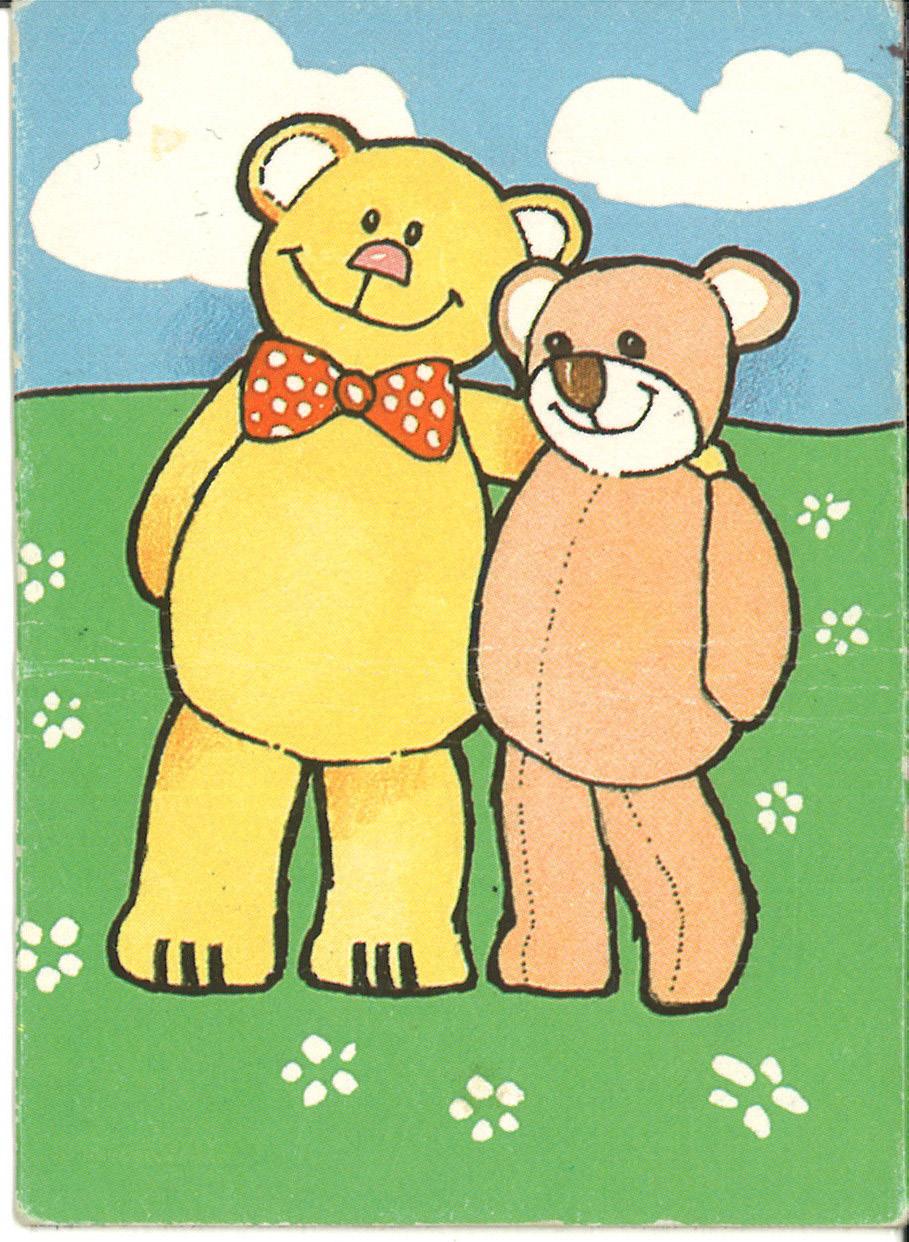
This book is for those of you who recently stopped talking to, drifted away from or in any other way got to the end of a friendship.
This book is for grieving the loss of good friends.
This one’s for you if you’re hurting.
Maybe this won’t make it go away but, it will make you feel less alone in your suffering.
This is an archive and a documentation of friendships before, after and during deterioration.
This is a release and a celebration of, the power of Friendship.
This is for all the friends that weren’t forever.
This one’s for you <3

Part 1: the basics,what is friendship and the different types of friends
Would your best friend have been your best friend if you had not been in the same class for three years?
In order to answer such questions, Gerald Mollenhorst, an assistant professor at Utrecht University, conducted a survey, where 1007 people aged between 18 and 65 years were interviewed and asked questions such as:
Who do you talk with, regarding important personal issues? Who are your closest friends? Where did you get to know that person? And where do you meet that person now?
Seven years later the respondents were contacted once again and 604 people were reinterviewed.
What he discovered was that only 30 percent of our closest friends remained after seven years, and 48 percent remained in our immediate social network.
(meaning we actually talk to or hang out with them on occasion)
Gerald Mollenhorst’s research is part of the project ”Where friends are made. Contexts, Contacts, Consequences,” .

The loss of friendships is just a normal part of life. Sometimes change is good and something that is needed.
As we grow, the people around us might grow in different directions, growing away from us :( while others grow towards us.
”A lost friendship comes with the loss of shared joys and sorrows, an emotional support system, inside jokes, and a long inventory of fond memories.”
People are built differently and have different wants and needs. If these cannot be fulfilled, things might not work in the long run and will eventually fall apart.

Psychotherapist, corporate trainer, and certified coach, and the author of Frazzlebrain Gina Simmons Schneider has divided these into three different types of relationship preferences.
Succulents: These individuals require very little maintenance. They like a lot of light and very little water . They grow slowly and steadily, even in harsh environments.
Trees: After the first couple of years of staking the seedling and providing fertilizer and water, they grow stronger, with deeper roots as time goes on. They like to get to know you well in the beginning, once they know you well, not as much maintenance is required and the friendship grows deeper with each passing year.
Flower gardens: These people require frequent weeding, pruning, fertilizing, and replanting. If too much time passes, the weeds take over, and the flower garden disappears.

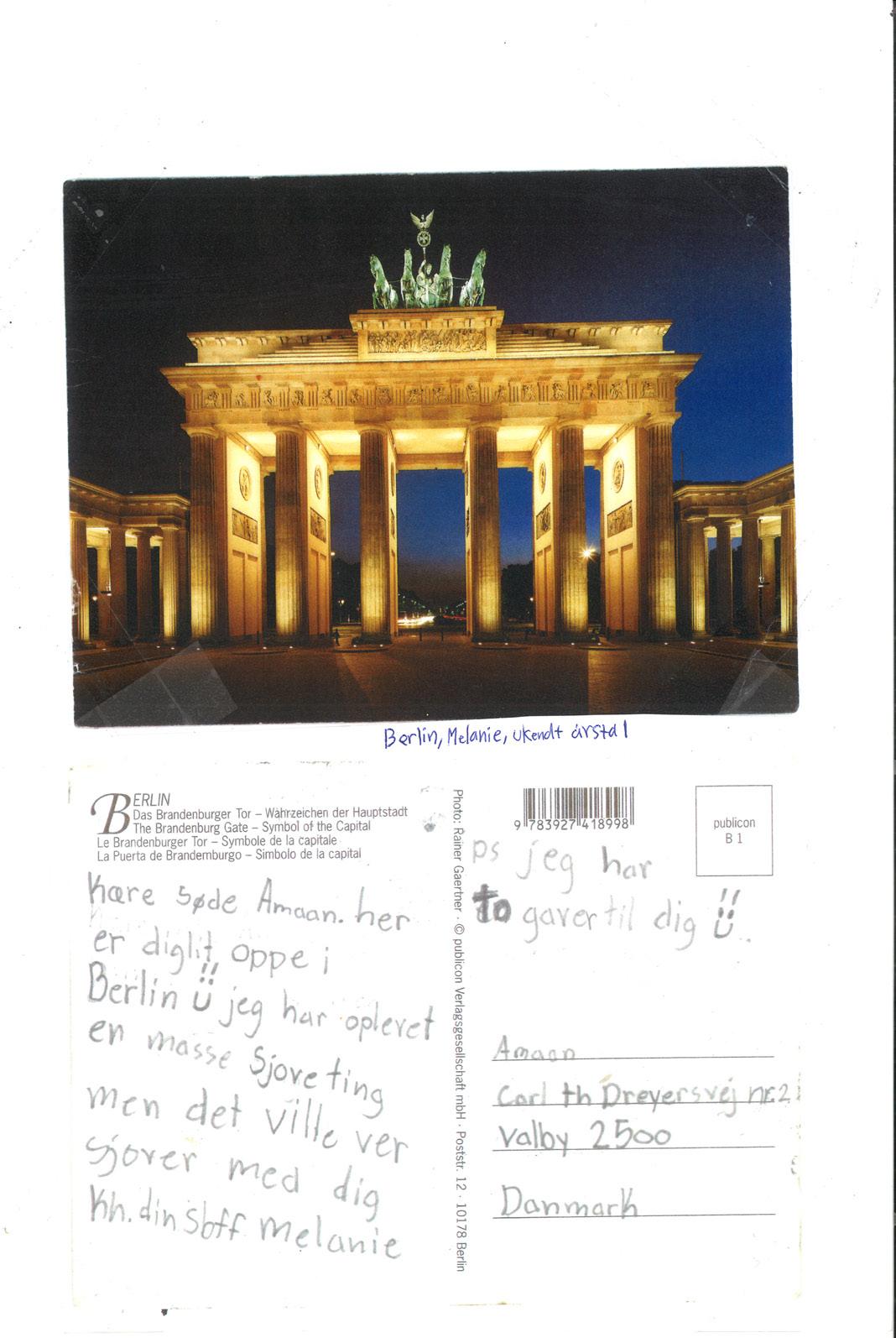
Types of friends:
BFF: Best Friends Forever:
Best friend forever (or plural, best friends forever):
A person who is an especially close and trusted friend over a long period of time.
Someone whose friendship we consider the strongest, most intimate, or most important to us among all our other types of friends. The exact nature of that friendship might vary from person to person. For some, a best friend might be someone you talk with constantly and love spending time with the most out of anyone else.
For others , a best friend is less about how much time you spend together and more about the way you’re able to trust, rely on, and support each other when it matters most.
Group Friends:
Group friends are the people who you share a friend group with. (a group of people that are all friends with each other, but some people might be closer than others)
You may see and talk to them regularly as part of the friend group, though you might not necessarily spend time with them one-on-one. You might like some of these friends more or less than others, and some you probably wouldn’t be friends with if it weren’t for the group. Nonetheless, they’re key to your social circle, and you’re always friendly with each other when together.
Acquaintances: You can have friends that are more like acquaintances that you only stay in contact with because they are from work or another mutual interest gathering.
FWB:
Usually, friends with benefits (a.k.a. FWB) means that people who know each other engage in intimate/sexual activity without really dating each other. It’s different from hooking up, which tends to be a one-time thing with someone new.
Queer platonic relationship:
Queerplatonic relationships (QPR) and queerplatonic partnerships (QPP) are committed intimate relationships which are not romantic in nature.
They may differ from usual close friendships by having more explicit commitment, validation, status, structure, and norms, similar to a conventional romantic relationship.
The concept originates in aromantic and asexual spaces in the LGBT community. Like romantic relationships, queerplatonic relationships are sometimes said to involve a deeper and more profound emotional connection than typical friendship.
Social Friends:
A social friend is someone who you spend time with regularly because they’re fun to be around. They’re someone you go to when you are in the mood to socialize, have a good time, and exercise that extroverted part of your personality. They may not necessarily be someone who you would confide in or look to for emotional support, but you genuinely enjoy their company and friendship.


List of Important Qualities in Healthy Friendships (ongoing)
Reciprocity:
Each person in a friendship has to both give and take.
Too much giving, and you’ll start to resent the other person. Too much taking, and you’re not upholding your half of the friend bargain.
Support:
Depth of intimacy requires a friend having your back, not only when doing so is easy, but also when it’s painful or tough.
Affection:
A healthy friendship is one that fills you up with energy and positivity more often than draining your emotional resources.
Boundaries:
Boundaries can actually help outline how you’ll navigate your relationship in a way that takes both people’s needs, desires, and expectations into account.
Ease:
A friendship can flourish only when both people in it feel comfortable around each other.
Vulnerability:
An ability to be vulnerable is also both an indicator that you have a foundation of trust in place (which is necessary for basically any relationship) and a way to foster even more trust.
Predictability:
There needs to be clear expectations for the level of communication and connection you’ll have with a friend, whether that means texting every day, calling every week, or getting together for a longer catch-up once a month.
Friendships as support systems:
Having good friends is an important part of staying emotionally healthy.
For most people friends are a big part of their support system. Especially for racialized/queer/trans people who might not have the support of their families, friends can end up being that chosen family that they need.
Your support system is such an important part of your life. Therefore, it’s important that you know how to support them in supporting you.
There are different ways to do this.
Supporting your friends in supporting you can look like:
Admitting that you need help
Sometimes, one of the hardest things to do is actually recognize when you are in over your head or when you could use a helping hand. You may have been trying to do everything, for everyone. But doing that can lead to burnout or resentment in the end.
Some advice to help end this vicious cycle would be to. Try to admit when you’re having a hard time and give your friends the chance to support you.
Reach out to the people in your support system
Keep your relationships strong by taking the initiative to stay in touch. Ask a friend you haven’t seen in a while to watch a movie with you, or send a funny card to a family member who lives far away. When you show people that you care enough to maintain a connection, they’ll be likely to do the same for you.
(Avoid assuming that people will contact you if they want to spend time together. They may be thinking the same thing about you.)
Ask your friends and family how you can help them in return
Let your support system know that you’ll be there for them when they need you. Sometimes people avoid asking for help simply because they don’t want to inconvenience others. If your loved ones say they don’t need anything, check in with them every once in a while, so they know your offer of support is genuine.
Pay attention to people around you who are struggling
Spend time with the people in your support system regularly, and be sensitive to what your friends and family are going through. If you think a loved one could use a hug or some help around the house, don’t wait for them to ask, reach out and offer your support. For instance, if your friend has been acting sad lately, you could take them out for coffee and ask if everything is okay.
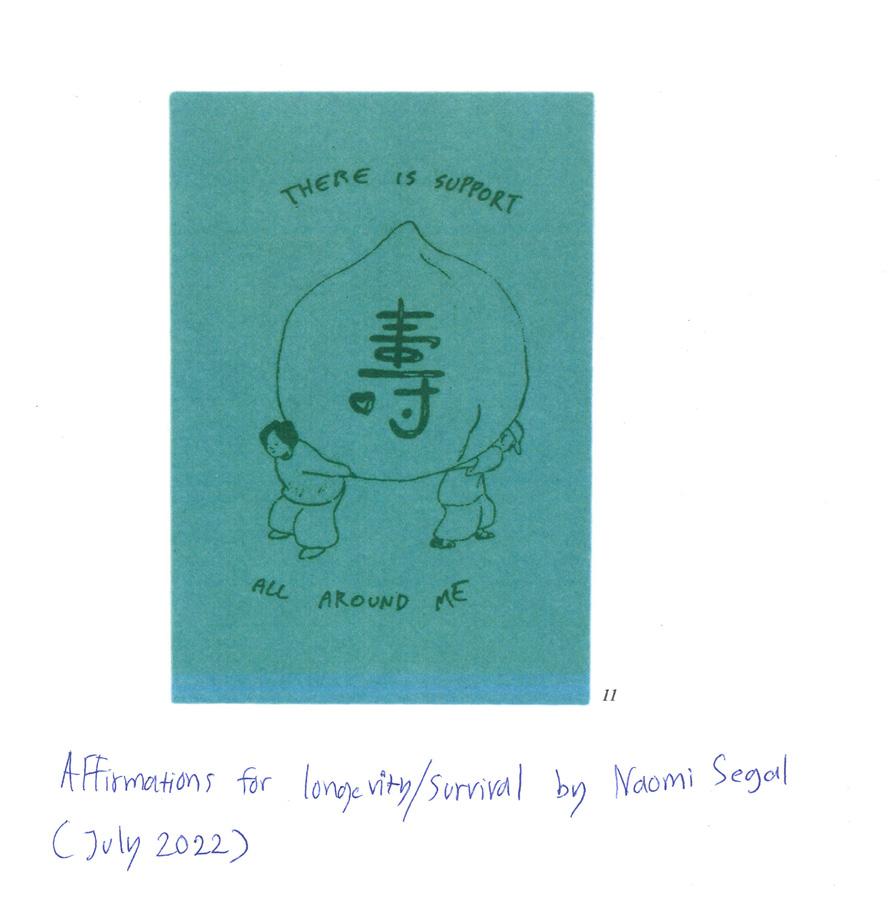
Part 2: Friendship breakups and how to move on:
when do you know that its time to break it off ?
Some friendships aren’t meant to last forever.
But it can be hard to figure out when enough is enough, breaking up with friends can be tough. Since there are no specific rules surrounding a friendship, the only way to really know when to end it is listening to your gut feeling.
These are some questions, you can ask yourself to get closer to an answer
Does this person know that it’s coming? Would they be shocked?
Does your friend know there’s an issue?
It’s a good idea to give your friend a chance to change their behavior.
It’s easy to confuse the time you’ve spent ruminating on a friendship and talking about it with other people for, communication with the one person who actually needs to hear it.
How often do you and your friend spend time with each other? Did you two start off talking all the time, and now you hardly ever speak? Do you find that making time for your friend is just not as important as it used to be?
If so, it might mean your friendship may be coming to a close. It may be that one or both of you are getting too busy to keep up with each other, and have other obligations which demand your attention.
Learning to let friends go is a difficult but necessary ability. There’s no need to excommunicate them; just gradually fade out from their life. Good friends make time for each other. If the person matters to you and if you matter to them, you will find time for each other and the friendship will survive.

Decide if your friend makes you feel as if you are not good enough. Remember, to always be yourself. Unless your behavior is hurting you or someone else, never change who you are just to satisfy someone else. A friend accepts you for who you are.
But maybe the most important question of all is how does this person make you feel about yourself when you’re with them?
It’s usually best to go with your gut feeling. Often, our instincts give us the right information even though we don’t understand the reasons completely.
What about when you leave?
Are you leaving with renewed energy or do you feel super drained ?
As said before, listening to your gut feeling is so important, even when you’re not able to express your feelings with words, your gut will do the explaining for you.
Do not expect someone who was your friend at one stage of your life to remain your friend throughout your entire life.
As people age, friends change due to a variety of circumstances including occupations, geography, and familial commitments. Accepting that the friends you have, will keep changing, over time is one step towards feeling better.
(Good friends should bring out the best in us).
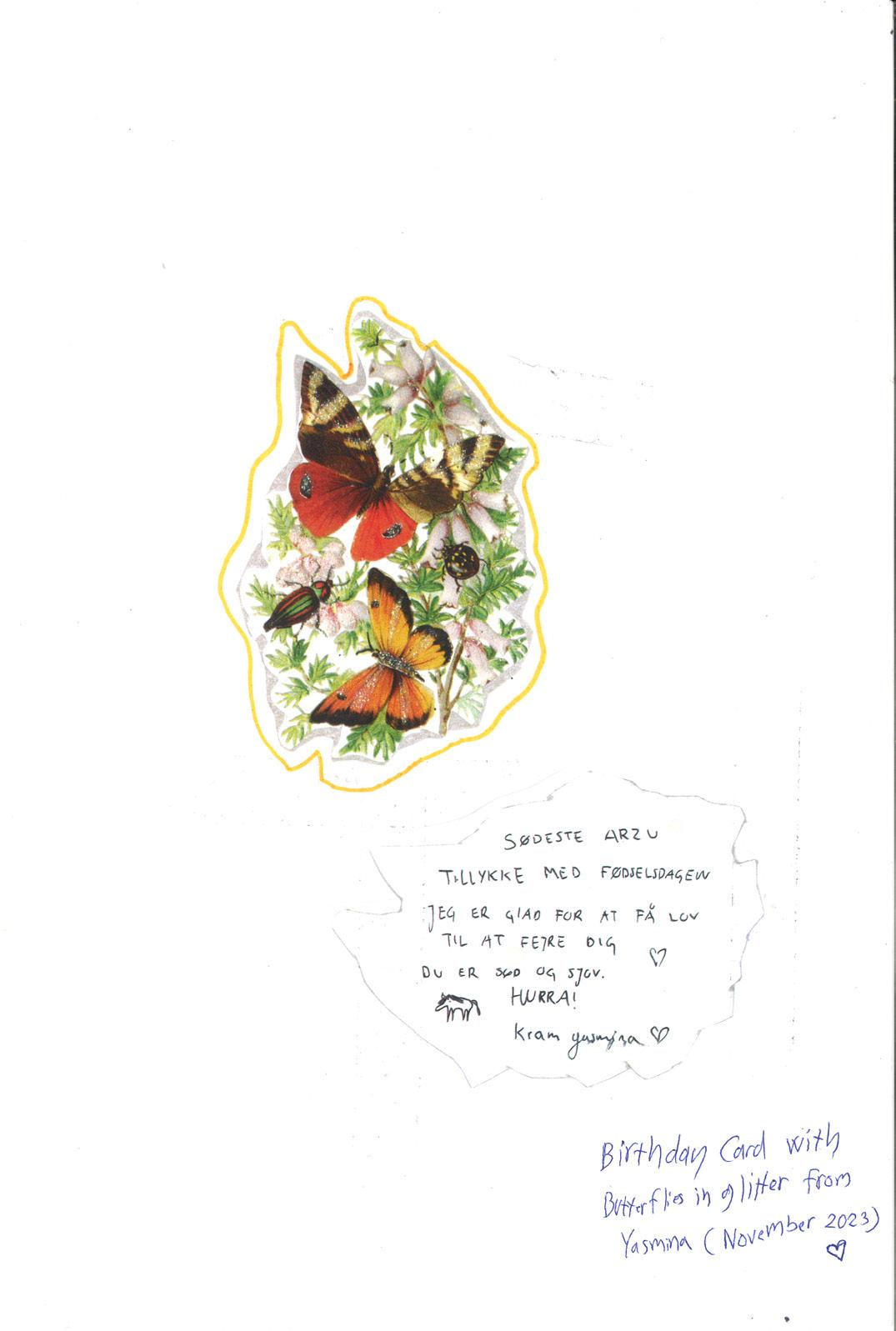
The 12 steps of moving on from a friendship breakup (ongoing):
1. If closure is needed try to have that conversation with your friend about why it ended, if they’re not up for talking about it try writing a letter. In this letter you can let out all your emotions about the situation. Maybe you can send it to them or burn it or just keep it, but it’s a good way to get your thoughts out of your head.
2. Try to make more plans with your other friends and let them know about the situation so that they can give you the support that you need.
3. Try going out and meeting new people, maybe try a new hobby or learn a new skill, anything that will keep your mind occupied is good. ”Find new places for your love to grow, new trees”
4. Let yourself be sad, and deal with the grief as it comes in different stages. The fact that this is affecting you is okay. Although society doesn’t let us grieve friendships, the same way as it lets us grieve romantic relationships. You should definitely treat this as a break up.
”I think we feel blindsided because we belittle the value and significance of our social connections and friendships. Yet we recognize the weight that they carry when they don’t work out, and we experience that hurt and disappointment,”.
5. Be vulnerable and take care of yourself.
This is a great time to learn new stuff about yourself and indulge in new experiences.
”When a friendship is over, what does that mean for me and who I am?” Losing that sense of belonging and acceptance is hard and all the more reason to work on developing an unconditional sense of self worth that is innate and can support you through difficult times.
6.You will be okay eventually, but it’s hard to say how long it will be, so go out there with all your feelings. The right people will be there for you and hold you while you deal with this loss.

Although there may be no one else in the world who can come close to replacing your best friend, other loved ones can offer emotional support after your loss.
It’s important to understand that gratitude for existing relationships doesn’t cancel out the grief of lost connections. This is a loss deserving of being grieved.
Why does friendship have to be forever to have been worthwhile? And why does the end get to override the good stuff, at the beginning and the middle?
There are still so many questions left to be answered, but i hope this makes you feel less alone in your suffering and hopefully gives you the tools, to eventually feel better <3 and remember Good friends should bring out the best in us. This book is dedicated to all the friends i used to have, have now and to all the friends to come i miss you and i love you forever <3 <3 <3
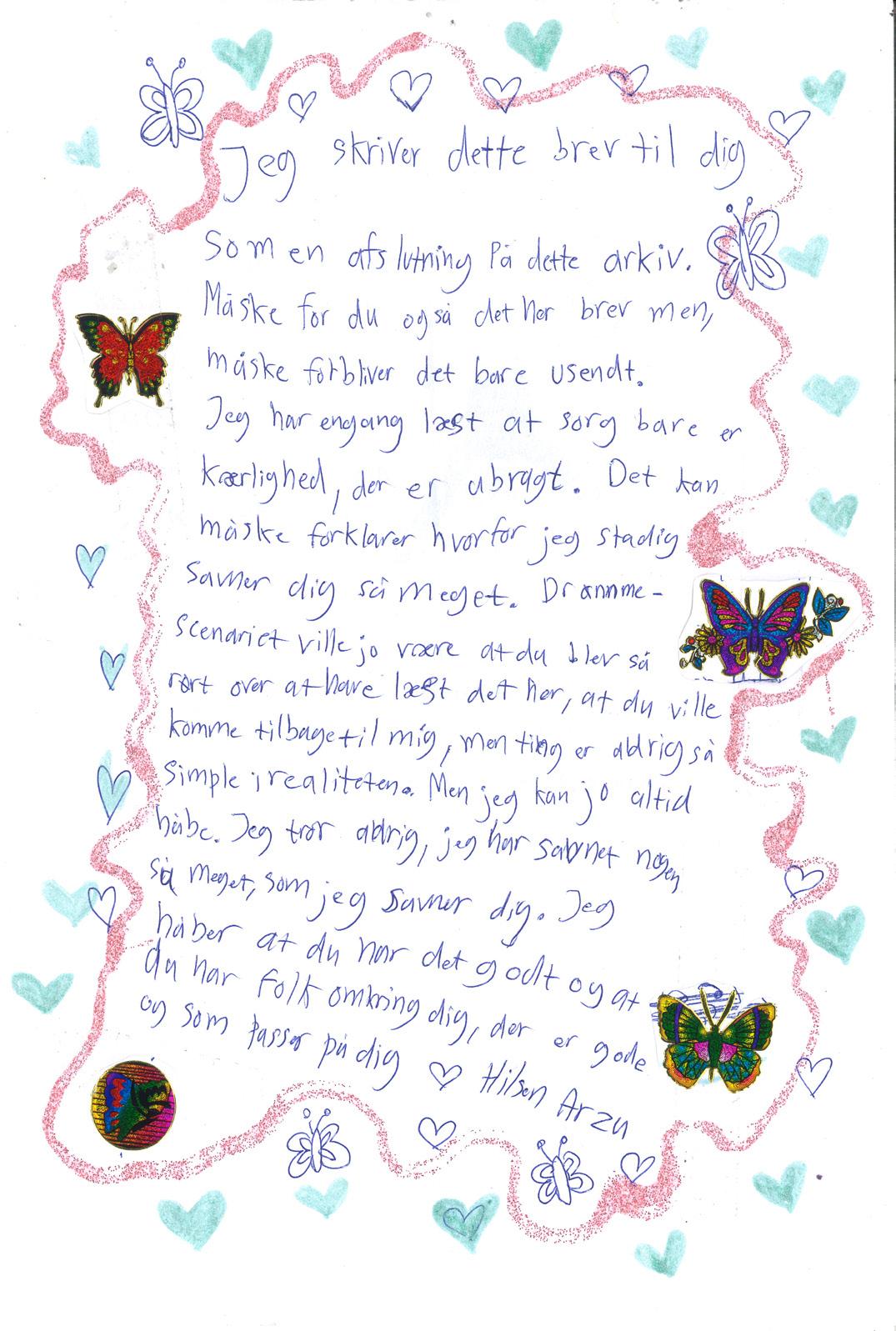
Text that have inspired this book and notes for further research:
Anderson, Laura . (s.d.). Why Friendship Breakups are so Painful, and how to move forward. On your mind counselling. https://www.onyourmindcounselling.com/why-friendship-breakups-are-so-painful-andhow-to-move-forward/
Friends with benefits: What does it mean?. (2018, 19. Juni ). KIDS HELP PHONE . https://kidshelpphone.ca/get-info/friends-with-benefits-what-does-it-mean/
Gonsalves, Kelly. (2022, 26. september). 13 Types Of Friends You’ll Have In Your Life, From Best To Toxic. mgb relationships . https:// www.mindbodygreen.com/articles/types-of-friends
Haley, Eleanor. (s.d.). What Happened to Best Friends Forever? Grieving The Loss of a Living Friend. whats your grief?. https://whatsyourgrief.com/what-happened-to-best-friends-forever-grieving-the-lossof-a-living-friend/
Halton, Mary. (2021, 28. June). How to get over a friendship breakup. TEDed. https://blog.ed.ted.com/2021/06/28/how-to-get-over-a-friendship-breakup/
Juby, Bethany. & Matejko, Sonya. (s.d.). What Are the “Types of Friends” and How Can They Support You?. PsychCentral . Lokaliseret den 15. June 2022 på https://psychcentral.com/relationships/types-offriends-must-friends-trust-friends-rust-friends-just-friends#types-offriends
Kason, Rebecca. (2022, 15. December). How to Help Your Support System Support You. wikiHow. https://www.wikihow.life/Help-YourSupport-System-Support-You
NWO (Netherlands Organization for Scientific Research). (2009, 27.
May). Half Of Your Friends Lost In Seven Years, Social Network Study Finds. Science Daily. NWO (Netherlands Organization for Scientific Research)
Queerplatonic relationships. (2023, 18. October). Wikipedia. https:// en.wikipedia.org/wiki/Queerplatonic_relationship
Rogers, Tracey. (2023, 4. June). How to Know when It’s Time to End a Friendship. wikiHow. https://www.wikihow.com/Know-when-It%27sTime-to-End-a-Friendship
Simmons Schneider , Gina. ( 2021 , 23. November). coping with the loss of friendship . Psychology today . https://www.psychologytoday.com/ nz/blog/frazzlebrain/202111/coping-the-loss-friendship-0
Simmons Schneider Ph.D., Gina. (2021, 23. November ). Coping with the Loss of a Friendship. Psychology Today. https://www.psychologytoday.com/us/blog/frazzlebrain/202111/coping-the-loss-friendship-0
Sloan, Erica. (2021, 30. september ). 7 Qualities of a Healthy Friendship That Remain Constant, Even as Relationships Change. Well + Good. https://www.wellandgood.com/elements-friendship/ Yankovich, Gyan . (2022, 12. December). 5 Questions to Ask Yourself If You Think It’s Time to Dump a Friend. SELF. https://www.self.com/ story/should-i-break-up-with-my-friend
the picture on the first page is a bussines card from cph zine fest, artist unknown, 21.10.23.

